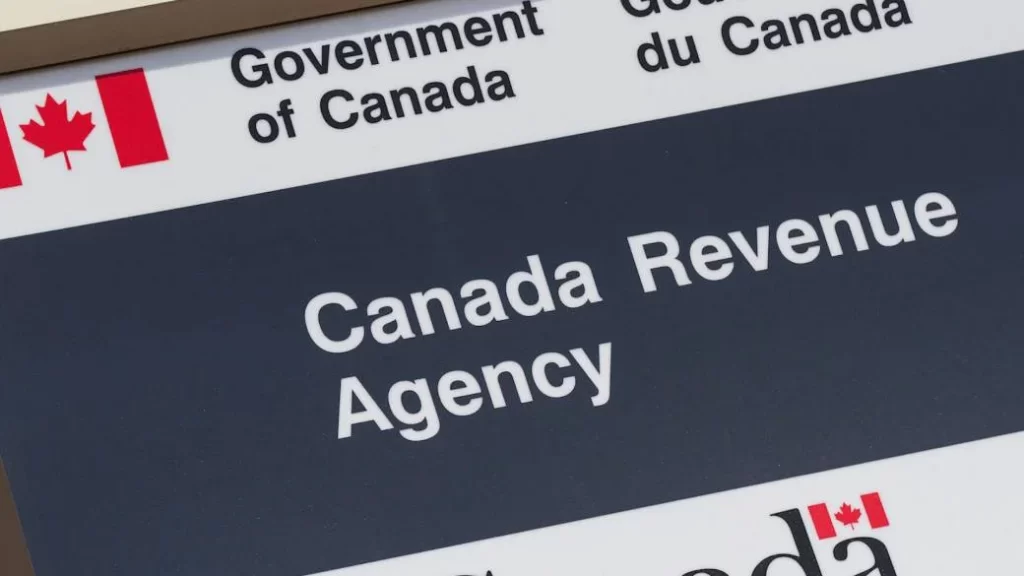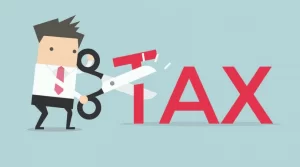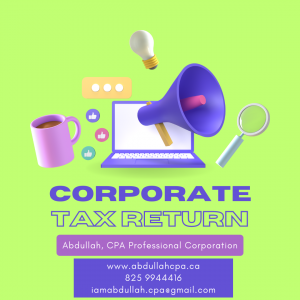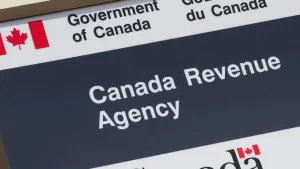In Canada, understanding and navigating the intricacies of corporation tax filing is crucial for businesses to remain compliant with the law while maximizing their financial efficiency. This article aims to provide you with a comprehensive guide to help demystify the process of corporation tax filing in Canada.
Understanding Corporation Tax
Corporation tax, also known as corporate income tax, is a tax imposed on the profits earned by incorporated businesses in Canada. It is levied at both the federal and provincial/territorial levels, making it important for businesses to be aware of the specific tax rates and rules applicable to their jurisdiction.
Eligibility for Corporation Tax
All businesses that are incorporated in Canada, regardless of their size or industry, are required to pay corporation tax on their taxable income. This includes both private and public corporations, as well as foreign corporations that carry on business in Canada.
Determining Taxable Income
To calculate your corporation’s taxable income, you must first determine its gross income. This includes revenues from operations, investments, and any other sources. From this, you can subtract allowable deductions, such as operating expenses, depreciation, and interest paid on loans, to arrive at the taxable income.
Federal vs. Provincial/Territorial Tax Rates
Canada’s tax system operates at both the federal and provincial/territorial levels, each with its own set of tax rates. It’s essential to be aware of the specific rates applicable to your business based on its location, as they can vary significantly across different provinces and territories.
Filing Deadlines
Corporations in Canada must file their tax returns within six months after the end of their fiscal year. For example, if your corporation’s fiscal year ends on December 31st, the tax return must be filed by June 30th of the following year.
Completing the T2 Corporate Income Tax Return
The T2 Corporate Income Tax Return is the form used by corporations to report their income, deductions, and credits to the Canada Revenue Agency (CRA). This form requires detailed information about your corporation’s financial activities, including balance sheets, income statements, and various schedules.
Claiming Deductions and Credits
There are several deductions and credits available to corporations in Canada that can help reduce their tax liability. These may include the small business deduction, research and development credits, and various investment tax credits. Understanding and utilizing these opportunities can significantly benefit your business.
Avoiding Common Mistakes
Errors in tax filing can lead to penalties, delays, and unnecessary stress. Common mistakes include inaccurate financial reporting, failing to claim eligible deductions, and missing filing deadlines. Seeking professional advice from a tax consultant or using specialized software can help mitigate these risks.
Take help from a Tax Specialist
Remember, seeking professional guidance to taxation is an essential aspect of running a successful and sustainable corporation in Canada. If you are looking for a Tax Specialist get in touch with Abdullah CPA.






